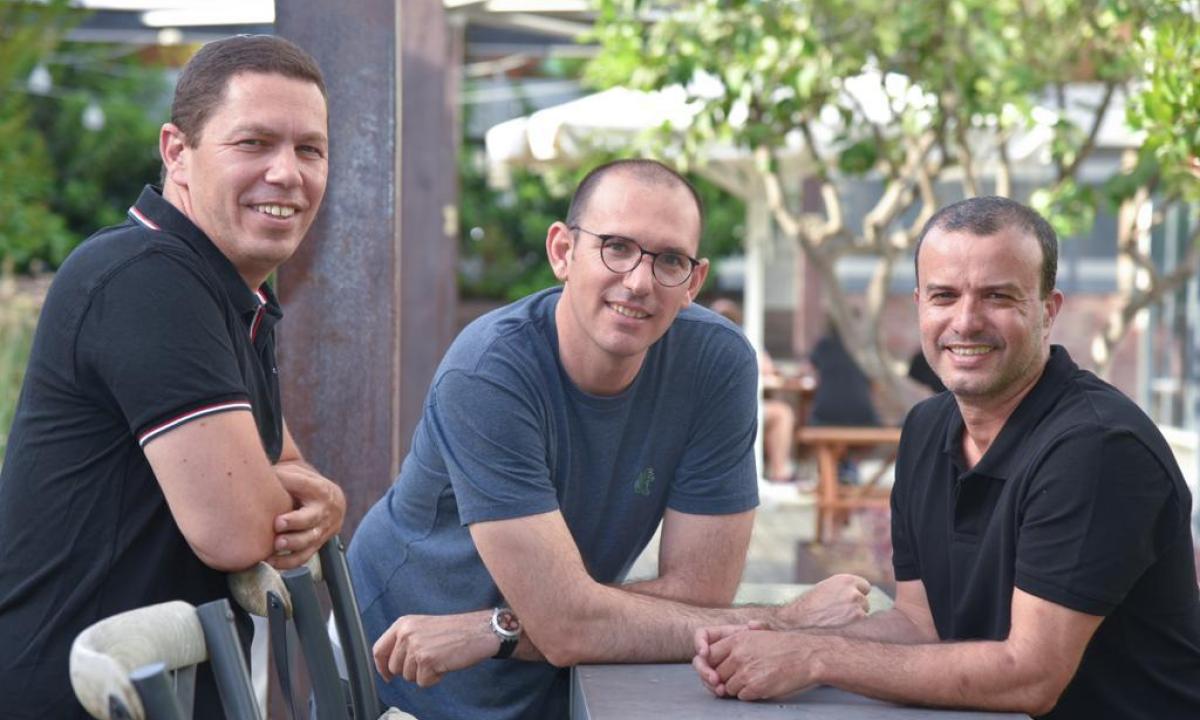Steven Poole is a prolific non-fiction reviewer and the author of such books as Unspeak and Who Touched Base in My Thought Shower?, both dealing with the abuse of language. In Rethink: The Surprising History of New Ideas (Scribner, 2016) he combines writing skill and breadth of knowledge to take an old idea (in its least nuanced form, that there is nothing new under the sun) and rethink it.
Most readers of Rethink will undoubtedly focus on recent discoveries that vindicate long abandoned theories. Mice, it turns out, can inherit a fear of the smell of cherries through epigenetic means. Poor Lamarck. “For the whole of the twentieth century, Lamarck’s name became a kind of ominous joke, a byword for biological theories that were not just mistaken but ridiculous.” And yet, it seems, a kind of Lamarckism is indeed possible. A more stomach-turning example: leeches, those “vampiric slugs,” are frequently used in reattachment operations, skin grafts, and reconstructive plastic surgery; they also relieve symptoms of osteoarthritis when applied to the knees.
Poole gives multiple examples of projects that were set aside or that lost out in the marketplace, such as electric cars or frozen food. Actually, the frozen food case was sadder. In 1626 Francis Bacon, looking at the snow-covered ground from the coach in which he was riding, suddenly had an idea: could meat be preserved with snow? Within minutes he was experimenting, stuffing the carcass of a freshly killed chicken with snow. Apparently, although modern medicine might dispute the account, “he caught such a chill doing this that he died of pneumonia a couple of days later.” The idea of frozen food died with Bacon. It would take 300 years for Clarence Birdseye to unveil his “quick freeze machine.”
Francis Bacon is, of course, best known for his description of the inductive scientific method, which analyzes nature “by proper rejections and exclusions” and, “after a sufficient number of negatives, come[s] to a conclusion on the affirmative instances.” Jochen Runde has repurposed this method for business management. He asks business executives in his courses to think up a novel idea and then think of something that would be devastating to their plan. And then he asks them to do some research on that devastating something. “That’s when they start learning. These hypothetical things are like probes, into unknown space.” Invariably, Runde says, “the stuff they learn starts leading them to modify what they initially had in their business plans.”
[drizzle]So, not only can ideas be rethought, but so can the very process of thinking. For instance, “the sharp line between experiment and theory has been rethought out of existence.”
Poole argues for the indispensability of placebo ideas, a view that follows (more or less) from the precepts of Nietzsche and the pragmatists. The person, Poole writes, “who embraces placebo ideas says that the fact that an idea is useful is a reason not to care whether it is true.” It’s a placebo idea, for example, that your vote matters. No major election “has ever been decided by a margin of only two votes. So your vote is literally pointless, and casting it is a placebo ritual. However, if everyone acted on this true belief and declined to vote, then democracy would fall apart.”
Some ideas that died should definitely stay dead. The earth is not flat, contrary to the belief of flat-earthers. Nor are markets efficient. John Quiggin, in his book Zombie Economics, argues that “not only was the efficient-market hypothesis refuted by the global meltdown of 2007-8, … it actually caused it in the first place. The idea ‘justified, and indeed demanded, financial deregulation, the removal of controls on international capital flows, and a massive expansion of the financial sector. These developments ultimately produced the Global Financial Crisis.’”
Rethink is a book that both informs and makes the reader think and rethink (and occasionally argue with the author). It’s even fun—well, leeches aside. I consider that a winning combination.
Rethink: The Surprising History of New Ideas
[/drizzle]




